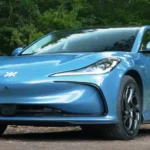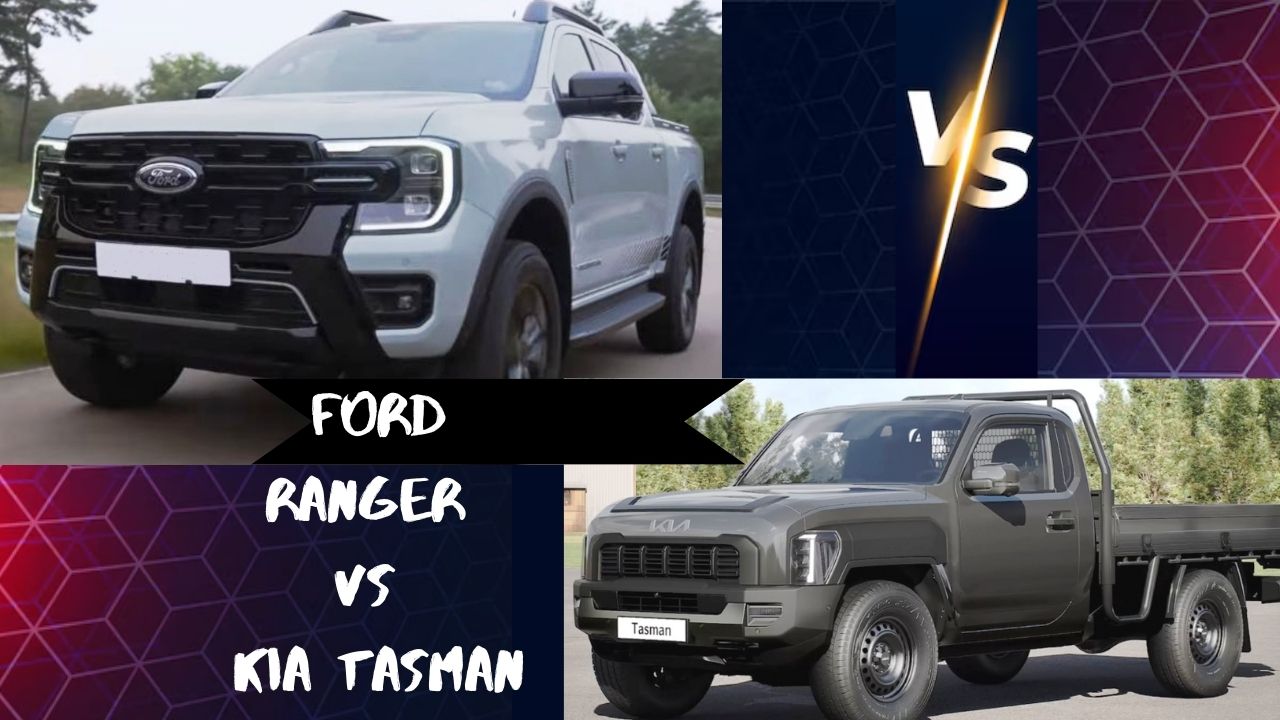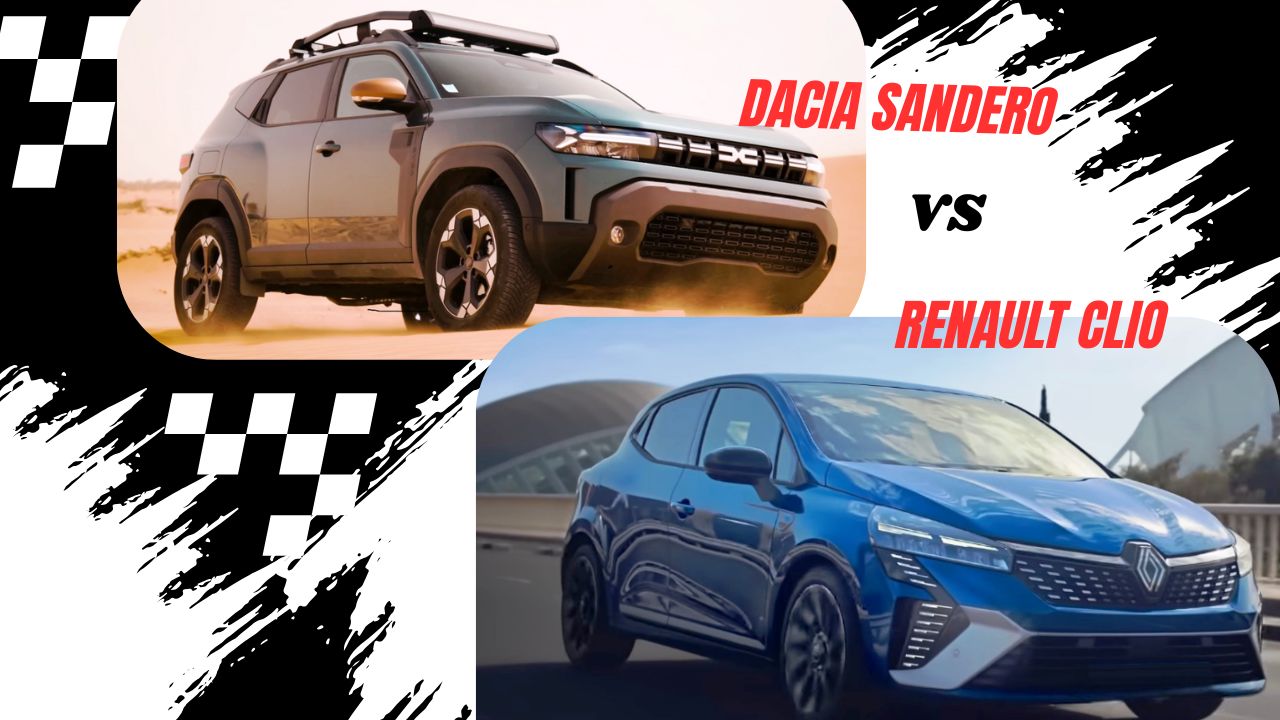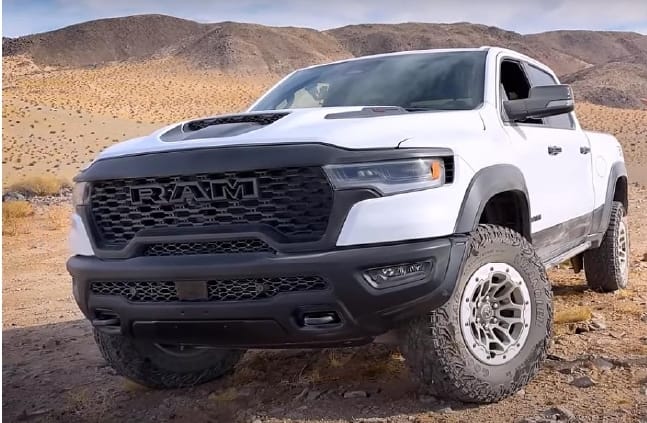Last Updated on 28/08/2025 by Raj
2026 Toyota C-HR+: The Boldest, Electrified Urban Crossover America Didn’t Know It Needed
Get to know the all-new 2026 Toyota C-HR+ EV for the American market. Check out specs, styling, performance, safety, pricing, pros & cons, and why it might just be the boldest electric crossover of the year.

The Story So Far: C-HR Goes Fully Electric
Remember the Toyota C-HR? That quirky little crossover with a love-it-or-hate design and the driving thrill of a butter knife? Well, forget about the old TOYOTA that you know — because the 2026 Toyota C-HR+ is changing the vibe. This time, it’s bigger, sexier, and electric. Yep. Toyota took the design crazy of the original C-HR, gave it EV steroids, and aimed directly at the hearts of city drivers across America.
Born in Europe, made in Turkey, and now finally crossing the pond — the C-HR+ isn’t merely an upgrade; it’s a reinvention. One that comes when American roads are crying out for some new, electrified style.

Interior: Luxe Meets Logic
Slide into the C-HR+ and you’ll find yourself questioning whether you inadvertently wandered into a Lexus dealership. Scratchy plastics and tight styling are so last decade. Instead, you’re treated to soft-touch trim, stitched leatherette, and a dashboard design that’s clean, intuitive, and forward-thinking. A huge 14-inch screen takes center stage. All-digital gauge cluster that is crisp and adjustable. Heated/cooled seats, dual-zone climate, wireless charging — yes, it’s all in there. This is a car that knows how to blend tech with tactility. Even the knobs feel expensive.

Design: Loud, Proud, and Outrageous
Toyota didn’t hold back. The C-HR+ wears its personality on its LED-lit sleeve:
Fastback roofline, bold and busy haunches, and flush door handles. Futuristic LED light bars that scream “I’m not a Prius, bro.” Available in two-tone and tri-tone paint schemes that look ready for Paris Fashion Week. If the Tesla Model Y is a safe haircut, the C-HR+ is a neon mohawk.

Performance: It’s Got Zoom
Thanks to 338 horsepower from its twin motors, the C-HR+ ain’t no slouch:
0-60 mph in approximately 5 seconds. Approx 290 miles of range courtesy of a 77 kWh battery. AWD standard on U.S. models. It’s a silent whisp at low speeds, and punchy in Sport mode, with a low center of gravity that allows it to corner like a hot hatch on espresso. Regenerative braking is adjustable as well.

Safety: Toyota’s Brainiest Crossover
Stock Toyota Safety Sense 3.0 includes:
Adaptive cruise control, Lane centering & departure alert, Pedestrian + cyclist detection, Blind spot monitoring, safe exit assist, It’s your co-pilot who never sleeps, texts, or gets hangry.

Abilities: Designed for the Real World
The C-HR+ may not summit mountains, but it’s a city battle tank:
AWD in snowy weather, rainy days, and poor life choices, Quick turnaround in tight urban roads, 14.7 cu ft cargo with seats up, with fold-flat option, No, it won’t pull your boat. But it’ll haul your weekend IKEA shopping spree with style.

Price and Availability
Projected U.S. release: Q1 2026Estimated price:
XLE AWD: ~$41,000
Limited AWD: ~$45,000
Prologue Edition: ~$47,500+
Federal and state EV incentives may be applicable.
Pros and Cons
Pros:
Eye-turning design, Genuine EV performance, Tech-laden premium interior, Toyota dependability + EV range,
Cons:
Crammed rear headroom, Limited cargo space, No confirmed base FWD model in the U.S.

Final Verdict
The 2026 Toyota C-HR+ is just not another boring EV from Toyota— it’s the new vision of Toyota’s electrification future. Bold design, decent EV range, smart technology, and just enough performance to put a smile on your face when you drive.
If you’re over vanilla crossovers and desire something that elicits joy each time you pull it into a parking space, the C-HR+ needs to be on your short list.

FAQ
Is the 2026 Toyota C-HR+ electric? Yes. It’s on Toyota’s e-TNGA platform and has a dual-motor AWD setup in U.S. models.
What’s the estimated range? About 290 miles EPA-estimated for the AWD model.
When is it on sale in the U.S.? Expected in early 2026, with reservations beginning in late 2025.
Will it be eligible for EV tax credits? Likely, depending on where it’s put together and battery procurement specifics.
How does it stack up against competitors? It’s cooler than the Tesla Model Y, more stylish than the VW ID.4, and cooler-arguably-than a Hyundai Ioniq 5.










